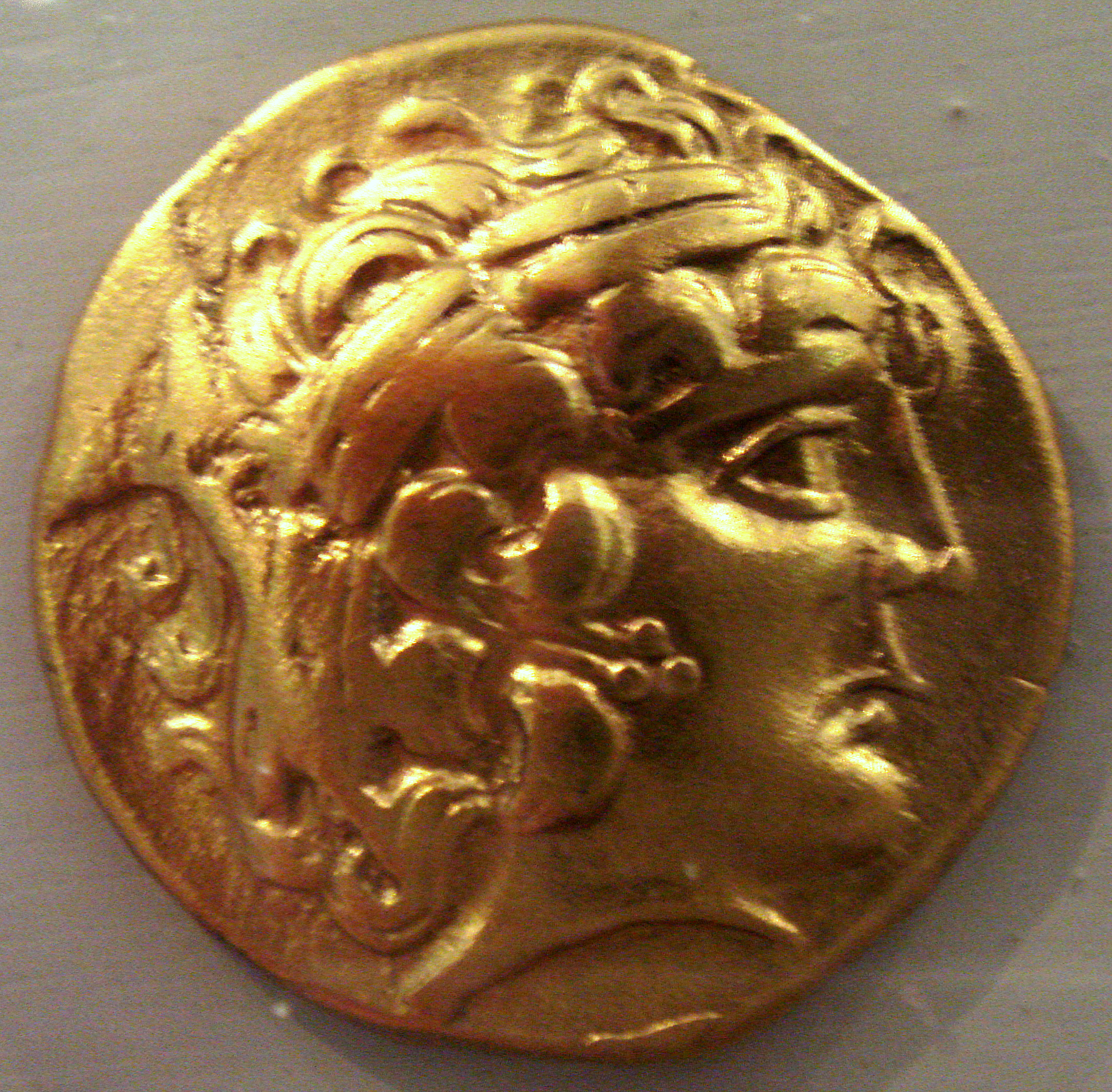|
Cenomani
The Gaulish name Cenomani can refer to: * Aulerci Cenomani, an ancient Gallic tribe dwelling around modern Le Mans * Cenomani (Cisalpine Gaul) The Cenomani (Greek: , Strabo, Ptol.; , Polyb.), was an ancient tribe of the Cisalpine Gauls, who occupied the tract north of the Padus (modern Po River), between the Insubres on the west and the Veneti on the east. Their territory appears t ..., an ancient Gallic tribe dwelling in Cisalpine Gaul * Cenomani (Narbonensis), an ancient Gallic tribe dwelling near modern Marseille {{Disambiguation ... [...More Info...] [...Related Items...] OR: [Wikipedia] [Google] [Baidu] |
Aulerci Cenomani
The Aulerci Cenomani (or Aulerci Cenomanni) were a Gallic tribe dwelling in the modern Sarthe department during the Iron Age and the Roman period. The Cenomani were the most powerful of the Aulerci tribes. Name Attestations They are mentioned as ''Aulercos'' and ''Aulercis, Cenomanis totidem'' '' ll the same' by Caesar (mid-1st c. BC), ''Aulerci .... Cenomani'' by Pliny (1st c. AD), as ''Au̓lírkioioi̔ oi̔ Kenománnoi'' (Αὐλίρκιοιοἱ οἱ Κενομάννοι) by Ptolemy (2nd c. AD), and as ''Ceromannos'' in the ''Notitia Dignitatum'' (5th c. AD)., s.v. ''Aulerci Cenomani''. An unrelated tribe living near Massalia, in southern Gaul, was also named Cenomani. A part of the Cenomani or another homonym tribe settled in Cisalpine Gaul after the Celtic invasion of the Italian Peninsula in the early 4th century BC. Etymology The meaning of the Gaulish ethnonym ''Cenomani'' remains uncertain. The prefix probably stems from the root ''ceno-'', which could have ... [...More Info...] [...Related Items...] OR: [Wikipedia] [Google] [Baidu] |
Cenomani (Cisalpine Gaul)
The Cenomani (Greek: , Strabo, Ptol.; , Polyb.), was an ancient tribe of the Cisalpine Gauls, who occupied the tract north of the Padus (modern Po River), between the Insubres on the west and the Veneti on the east. Their territory appears to have extended from the river Addua (or perhaps the Ollius, the modern Oglio) to the Athesis (modern Adige). Whether these Cenomani are the same people as the Cenomani in Gallia Celtica encountered by Julius Caesar is a subject of debate (see Cenomani). Both Polybius and Livy expressly mention them among the tribes of Gauls which had crossed the Alps within historical memory, and had expelled the Etruscans from the territory in which they established themselves and subsequently continued to occupy. (Pol. ii. 17; Liv. v. 35.) Livy relates that about 400 BC, under the leadership of Elitovius (Livy V.35), a large number of the Cenomani crossed into Italy, drove the Etruscans southwards, and occupied their territory. The statement of C ... [...More Info...] [...Related Items...] OR: [Wikipedia] [Google] [Baidu] |
Gaulish Language
Gaulish was an ancient Celtic language spoken in parts of Continental Europe before and during the period of the Roman Empire. In the narrow sense, Gaulish was the language of the Celts of Gaul (now France, Luxembourg, Belgium, most of Switzerland, Northern Italy, as well as the parts of the Netherlands and Germany on the west bank of the Rhine). In a wider sense, it also comprises varieties of Celtic that were spoken across much of central Europe (" Noric"), parts of the Balkans, and Anatolia (" Galatian"), which are thought to have been closely related. The more divergent Lepontic of Northern Italy has also sometimes been subsumed under Gaulish. Together with Lepontic and the Celtiberian spoken in the Iberian Peninsula, Gaulish helps form the geographic group of Continental Celtic languages. The precise linguistic relationships among them, as well as between them and the modern Insular Celtic languages, are uncertain and a matter of ongoing debate because of their sparse at ... [...More Info...] [...Related Items...] OR: [Wikipedia] [Google] [Baidu] |

